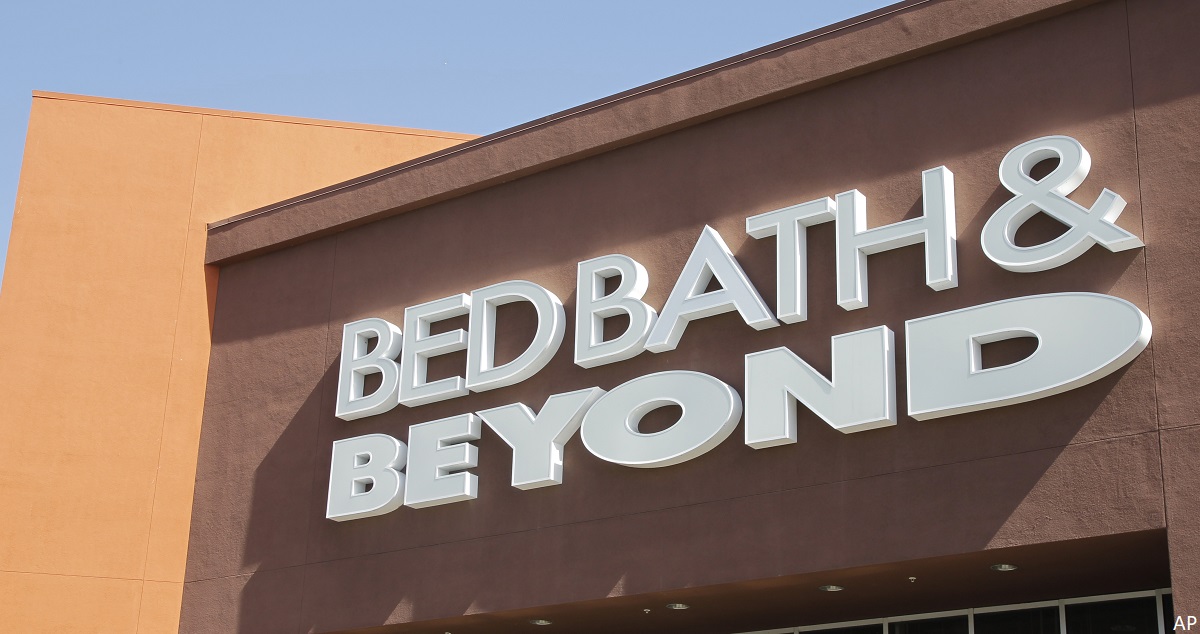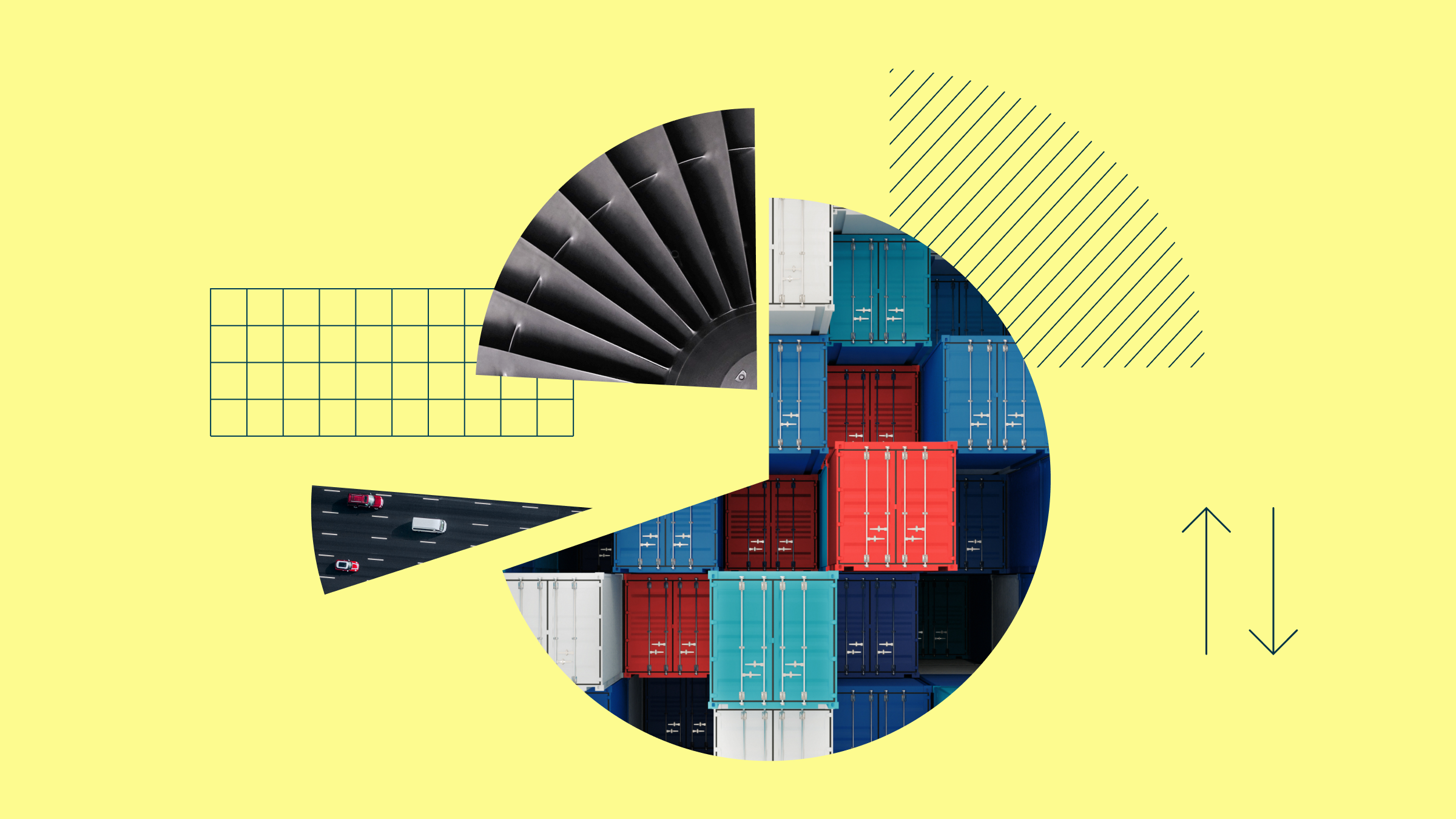
Women are just as good at running sprawling corporations as men, yet women are still significantly underrepresented in corporate America with only a small number of CEO roles going to them. To put it in numbers, just 8% of the U.S. corporations on Morningstar’s list of the Best Companies to Own have a female CEO at the helm.
On the bright side, in the following companies, women CEOs have defied colossal odds to break the glass ceiling and rose to prominence in what largely remains a boys’ club. That these companies have earned the highest capital allocation Morningstar rating is a validation of the enviable business acumen of their female CEOs.
Animal health medicines firm Zoetis (ZTS) sells anti-infectives, vaccines, parasiticides, diagnostics, and other health products. The firm earns just under half of its total revenue from production animals (cattle, pigs, poultry), while companion animal (dogs, horses, cats) products make up the other half.
With the largest market share, Zoetis is the undisputed leader in the global animal health industry and enjoys the widest moat of all the competitors. “Zoetis has set itself apart based on its impressive innovation that shows up across its product portfolio, including several drugs for specific pet ailments such as separation anxiety,” says a Morningstar equity report.
The firm has been expanding to virtually every type of animal-related health market, including aquaculture and pet diagnostics.
For long animal health businesses were buried within larger human health companies but have now emerged as strong entities. On Zoetis’s business: “It has many attractive characteristics, including cash-pay buyers, a fragmented customer base, and minimal generic competition,” points out Morningstar equity analyst Debbie S. Wang.
In contrast to human health businesses, where firms are traditionally at the mercy of payers, animal drugmakers hold significant pricing power owing to a fragmented and cash-pay customer base.
“Animal health products are purchased by a fragmented group of protein producers, veterinarians, and pet owners, allowing very little bargaining power,” says Wang, who recently lowered the stock’s fair value to US$170 from US$186, prompted by near-term softness in the production animal segment as generic and competitive pressure rise.
Global IT services firm Accenture (ACN) provides consulting, strategy, technology, and operational services. These services range from assisting enterprises with digital transformation to procurement services and software system integration. The company’s IT offerings cater to a variety of sectors, including communications, media and technology, financial services, health and public services, consumer products, and resources.
“Accenture’s growth will remain at a healthy and gradual pace, rather than experience a massive uptick,” says a Morningstar equity report.
The company's prominent reputation, crucial to the consulting business, and its expertise in enterprise issues will help Accenture maintain its sustainable competitive advantage or wide economic moat, the report adds.
As a consultant, Accenture provides solutions for specific enterprise problems as well as integrating software for more than 75% of the global top 500 companies.
Accenture’s wide moat stems from intangible assets associated with a stellar reputation for reliability and strategic and technological know-how, especially with large, risk-averse enterprise customers.
“Accenture benefits from high customer switching costs as its key customers are loath to switch service providers for large or ongoing contracts,” says Morningstar equity analyst Julie Bhusal Sharma, who pegs the stock’s fair value at US$258, adding that the firm’s revenue will be driven by continued growth in Accenture Interactive as well as intelligent platform services.
The company, she adds, generates industry-leading returns on capital because of its scale, given that there are only so many software partners that an IT services company needs to solve enterprise problems.
A prominent name in the disinfectant aisle, Clorox (CLX) makes and sells consumer products including household cleaning and bleach products, charcoal, cat litter, dressings and sauces, natural personal care, and trash bags. The firm derives just under 85% of its sales from its home turf.
As consumers flocked to its products during the pandemic, Clorox enjoyed elevated sales. While volume growth is decelerating in the post-pandemic world, “we don’t think consumers are turning their backs on Clorox’s cleaning and disinfecting products, as sales remain well above where they were before the pandemic,” says a Morningstar equity report.
This prowess, the report notes, is further evidenced by its disinfecting wipes offering, which has been gaining market share.
However, Clorox and its industry peers are having to contend with a sharp spike in broad-based cost pressures. Higher manufacturing and logistics costs and commodity price inflation are eating into gross margins. Management is countering headwinds of higher costs by extracting inefficiencies and raising prices across a swath of its mix, says Morningstar sector director, Erin Lash, who recently edged up the stock’s fair value to US$164 from US$160.
Despite navigating through an environment of cost pressure denting its profits, “we still think Clorox is employing a tactical approach, rooted in investing in consumer-valued innovation supported by advertising, pursuing cost savings, and surgically raising prices, which we view as prudent,” asserts Lash.
Clorox’s wide moat is anchored in intangible assets and cost advantages. The company’s return on invested capital has averaged 30% over the last 10 years.






















